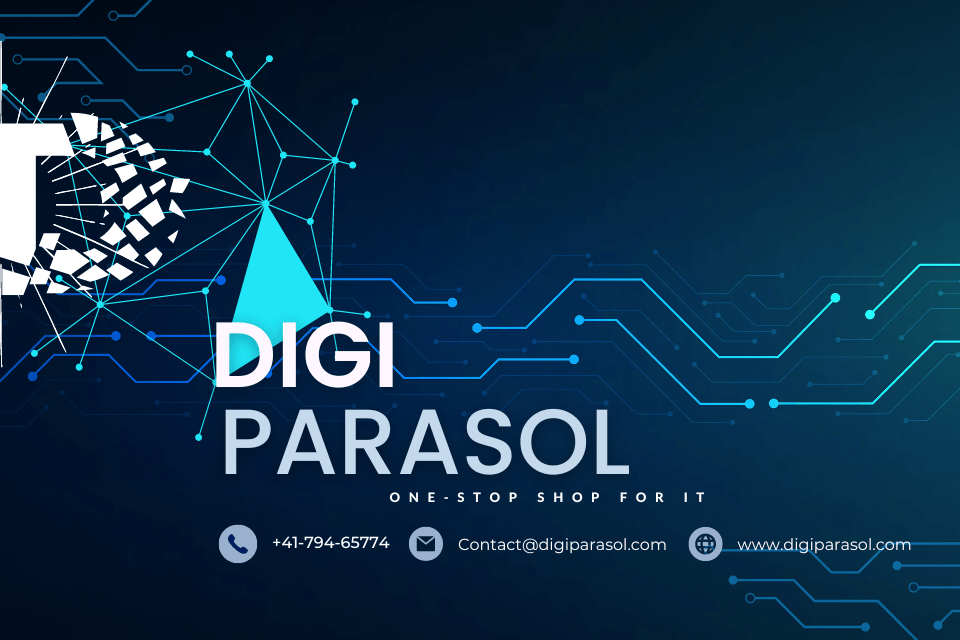In recent years, advances in artificial intelligence (AI) technologies have revolutionized various industries, including healthcare. With the growing recognition of mental health as a critical aspect of overall well-being, there has been a notable increase in the use of AI technologies in mental healthcare and support. These technologies have the potential to transform the way mental health services are delivered, offering more personalized, efficient, and accessible care to individuals in need.
One of the key areas where AI technologies are making significant strides in mental healthcare is in early detection and diagnosis of mental health conditions. Traditional methods of diagnosing mental health disorders often rely on subjective assessments by healthcare professionals, which can be prone to bias and inaccuracies. AI-powered tools, on the other hand, can analyze large amounts of data from various sources, such as electronic health records, genetic information, and even social media activity, to identify patterns and trends that may indicate the presence of a mental health disorder.
For example, researchers have developed machine learning algorithms that can analyze speech patterns to detect signs of depression, anxiety, and other mood disorders. By analyzing factors such as pitch, tone, and word choice in a person’s speech, these algorithms can accurately predict the presence of a mental health condition with high accuracy. Similarly, AI-powered tools that analyze social media posts and interactions can provide insights into a person’s mental health status and help identify individuals who may be at risk of developing a mental health disorder.
Another area where AI technologies are being increasingly used in mental healthcare is in developing personalized treatment plans for individuals with mental health conditions. The one-size-fits-all approach to mental health treatment is often ineffective, as each individual’s mental health needs are unique and require tailored interventions. AI-powered tools can analyze a person’s genetic makeup, brain activity, and other biomarkers to predict how they will respond to different treatments and medications, allowing healthcare providers to develop personalized treatment plans that are more likely to be effective.
Furthermore, AI technologies can also help improve the delivery of mental health services by reducing barriers to access and improving the efficiency of care. For example, telehealth platforms powered by AI can connect individuals with mental health professionals remotely, eliminating the need for in-person appointments and making care more accessible to those who may not have easy access to mental health services. Additionally, AI-powered chatbots and virtual assistants can provide immediate support and guidance to individuals experiencing mental health crises, offering interventions such as cognitive-behavioral therapy exercises, mindfulness practices, and crisis hotlines.
Despite the numerous benefits that AI technologies offer in mental healthcare, there are also challenges and ethical considerations that must be addressed. Concerns about data privacy, algorithmic bias, and the potential for AI technologies to replace human healthcare providers are all valid issues that need to be carefully considered and mitigated. Additionally, the use of AI in mental healthcare raises questions about the role of technology in shaping the doctor-patient relationship and the potential for AI to exacerbate existing health disparities among underserved populations.
In conclusion, the advancement of AI technologies in mental healthcare and support holds great promise for improving the quality and accessibility of mental health services. By harnessing the power of AI to enhance early detection and diagnosis, develop personalized treatment plans, and improve the delivery of care, mental healthcare providers can better meet the needs of individuals struggling with mental health disorders. However, it is important to approach the integration of AI in mental healthcare with caution and mindfulness, ensuring that ethical considerations and the well-being of patients remain paramount. With careful planning and collaboration between technology developers, healthcare providers, and policymakers, AI technologies have the potential to revolutionize mental healthcare and support for the better.


